Introduction
If you’re a coffee lover, you know that water can make or break the flavour of the coffee depending on ph level different water. People have debated the effects of soft or hard water on coffee for years, with no clear answer. But recent studies have shown that there is indeed a science to this issue and that it can significantly impact the flavor and quality of your specialty coffee. Do you want to know?
But you must know water chemistry before knowing the effects of water on coffee taste, while coffee itself is a unique ingredient for coffee consumers in coffee industry. In recent times, water treatment is used to make softened water. Now it is more easy to get pure water for brewing coffee using the water technology.
In this article, I’ll explain the basics of soft or hard water for coffee and give tips on getting the best cup of joe possible regardless of the water type you use. So, let’s explore it!
Details about coffee
Coffee is one of the most popular drinks worldwide. In fact, it’s estimated that over 2.3 billion people drink coffee every day! Coffee has been around for centuries and it is one of the most popular drinks in the world.
It’s thought that coffee was first discovered by an Ethiopian man named Kaldi who lived around 400 AD. He noticed that goats ate the flowers near where he drank water, and the beans inside the plants got into their drink.
Kaldi learned how to roast green beans and develop a taste for them, which led to his discovery of coffee!
Today there are many different types of great coffee available on shelves all over the world. Most coffees are made from Arabica beans (which make up 80% of all coffee), but there are also Robusta beans (10%) and Brazilian Santos (2%).
Each type has its own unique flavor profile and properties, which can be used to create various types of beverages. Here are some examples:
– Latte – A latte is a classic espresso with added milk froth and sweetness。 It’s usually served cold or at room temperature。 Latte variants include creamy cappuccinos、chocolate lattes、iced caramel lattes、mochas, etc
– Cafe breve – Also known as short double shot or americano®, cafe breves are strong single shots containing two ounces of ground coffee per cup・ They’re perfect for those who want something stronger than an espresso but don’t want to break the bank。
– Flat white – A flat white is basically an espresso with no foam or milk added. It’s a light and refreshing drink that can be customized based on your preferences・ You can get them sweetened with sugar or flavored with syrups like caramel、mocha etc。
– Cappuccino – Originating in Italy, cappuccinos are made by adding hot water to frothed milk which has been whipped up into a thick mixture・ They’re perfect for showering away morning fatigue or for treating yourself after work。
– Macchiato – A macchiato is a latte with espresso added to it. It’s basically an Italian version of a cortado which is made with less milk than the average latte and served in a shorter glass・ It’s perfect for those who want something creamy and rich without getting too heavy on the caffeine。
– Iced coffee – Iced coffee is a great way to stay hydrated during the summertime・ You can make it with just water or you can add sweeteners like sugar、syrups etc. to give it that desired flavor profile。
– Frappuccino – A frappuccino is essentially a latte with added whipped cream and flavored syrups・ They’re perfect for satisfying your sweet tooth or for taking on the go。
– Mocha – A mocha is a latte with added chocolate. It’s one of the most popular drinks on Starbucks menus and for good reason・ The chocolate flavor is delicious and rich while the coffee balances it out nicely。
・ White chocolate mocha – If you’re looking for a decadent drink that’ll leave you feeling happy and satisfied, try out white chocolate mocha・ It’s made with espresso、milk、chocolate syrup and whipped cream which makes it irresistible。
・ Caffe Latte – A caffe latte is essentially a latte with added hot water to make it more like a coffee. It’s perfect for those who want something light and refreshing before starting their day。
How does water affect the taste of coffee?
Perfect coffee brewing depends on some factors, such as bean quality, coffee maker, brewing process, water hardness, etc. But most of the time we blame coffee beans for the bad taste of coffee. Coffee beans are not responsible for bad brewing every time. Water quality can change the taste of your coffee.
Now coffee is a global commodity but the water quality is not the same worldwide. Different types of water are available in different regions on earth. So how can we get the same coffee taste around the world?
Note: If you’re interested in knowing more about the types of water, please visit our previous article at the end of this by clicking on the specific topics.
Water affects the taste of coffee in a few different ways.
First, it contributes to the brewing process. Water helps dissolve and extract flavor from the beans, which leads to a sweeter cup of coffee.
Second, water can affect how bitter coffee is. High-quality water has less mineral content, which tends to make things like espresso more acidic and stronger tasting than drip or standard coffee-making methods using groundwater or municipal water sources.
Finally, water can affect how much caffeine is in your drink.
Furthermore, too much or too little water can make coffee taste sour, bitter, or bland. When brewing coffee, it’s important to use just enough water to reach saturation (about 195 degrees F).
Overfilling your brewer will result in over-extraction and a dry cup of coffee. Underfilling will lead to poor flavor and high acidity levels.
Which is better, soft or hard water for coffee grounds?
There is no right or wrong answer when it comes to choosing between soft or hard water for your coffee grounds. It all depends on personal preferences, the quality of your filtration system, and how often you plan on using filtered water in general.
But, In this article, I’ll discuss the soft or hard water for coffee brewing with other brewing factors.
Christopher Hendon, a scientist from the University of Bath, carried out research to see how different types of water influenced the flavor of the coffee.
Hendon examines how six chemicals that contribute to the flavor of coffee are extracted when water is filtered in various ways. Citric acid, lactic acid, and eugenol were among the compounds present in these ingredients. He discovered that eugenol sticks to magnesium in hard water, giving the resultant liquid a more woodsy flavor.
Business Insider reports. And bicarbonates in hard water will make the coffee bitterer. in the Journal of Agricultural and Food Chemistry.
Hendon further stated: “Hard water is generally considered to be bad for coffee, but we found it was the type of hardness that mattered – while high bicarbonate levels are bad, high magnesium ion levels increase the extraction of coffee into water and improve the taste.”
On the other hand, soft water tends to have fewer minerals overall, meaning that it may not be as effective at extracting all of the flavor possible from your beans.
That being said, some people prefer softened water because they believe they get better-tasting cups overall no matter what kind of mineral content their tap Water has. It really comes down to personal preference – whichever method you find easier and tastier will work just fine!
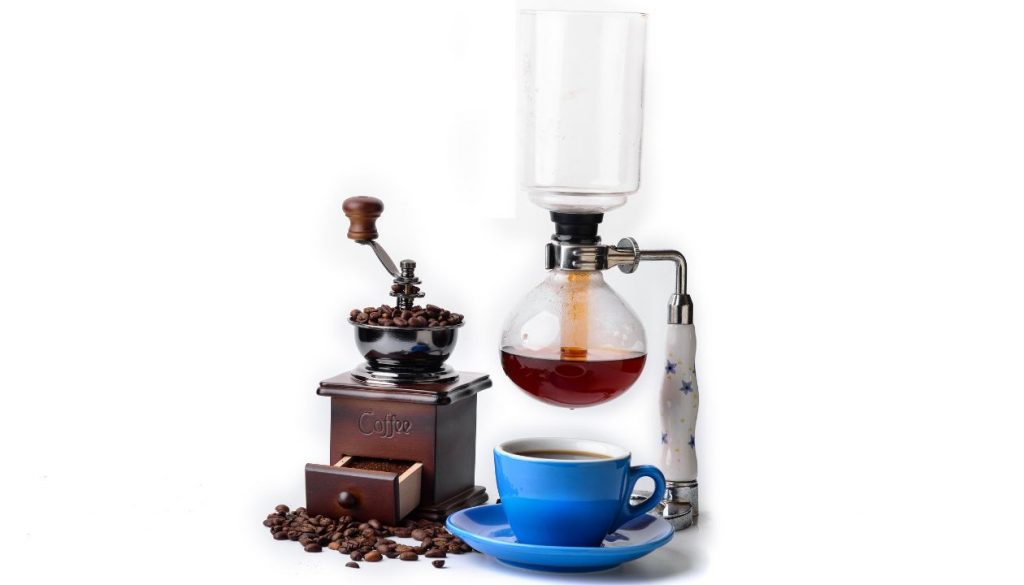
The difference between soft or hard water for coffee
There is a big difference between soft or hard water for coffee. Hard water generally contains more minerals, like calcium and magnesium, which can affect the taste and performance of your coffee machine. Some people prefer the taste of hard water because it can add a unique bitterness to coffee.
On the other hand, soft water is typically less bitter and has a more mellow flavor. It’s also less acidic, which may be desirable for some coffee drinkers. Overall, choosing between hard and soft water for your brewing needs is up to you! soft water is less mineral-rich, so it’s better suited for use in coffee machines that require high-quality brewing.
If you’re looking to improve the flavor and quality of your espresso drinks, switch to using soft water or use water softener. It’ll also help to keep your machine running smoother since it doesn’t contain as many built-in mineral deposits.
If you’re not sure whether your water is hard or soft, you can test it by filling a glass with room-temperature water and setting it in the freezer for an hour. If the ice has melted, then your water is likely hard; if the ice hasn’t changed shape at all, then your water might be considered soft.
What type of water is best for coffee?
To begin with, you should never make coffee using water that isn’t appealing on its own. Your water should be odor-free and colorless, if possible. The finest water for coffee brewing has roughly 150 mg/L of total dissolved solids (TDS) at a neutral PH.
Near 10 mg/L of sodium, 40 mg/L of total alkalinities, and 0mg/L of chlorine are also required. By visiting the website of your local water provider, you may get information on the water in your region. It will help you to choose the best water for coffee at home.
Moreover, It’s interesting to learn that a cup of coffee can have such a significant effect on something as fundamental as water. The kind of water you use, whether it’s high concentration of minerals, chlorinated, metallic, or something else, determines how your coffee taste.
Many individuals choose hard water (high mineral concentration) because it allows them to experience as much flavor as possible from the minerals. Some people prefer to get a clean flavor by drinking soft water, which is distilled water and cleansed ideal water.
You can always begin experimenting by mixing various types of water to brew coffee and see which one tastes best for you if you’re not sure about the kind of water to utilize.
Tips on how to get the best water for your coffee?
Whether you’re a coffee lover or not, your morning habits likely include some form of water intake. Whether it’s drinking tons of filtered water to make coffee, or just letting the tap run while you brush your teeth – we all need clean, usable water to function optimally.
When it comes to getting the best water for your coffee, there are a few things to keep in mind.
First and foremost, try to use purified or bottled water when making coffee. This is because municipal water can contain high levels of chlorine and other contaminants that negatively affect the flavor and quality of your beverage.
Second, make sure you adjust the number of grounds (or beans) used based on how much water you’re using. Too much ground espresso will result in an overly bitter drink thanks to dilution by too much cold tap water; conversely, using too few grounds will leave behind a weak-tasting concoction due to no freshness from any source!
Thirdly, You can get the better coffee by water filtration process. Moreover, the good news is, recently there are some coffee makers in the market including filteratin feature.
Finally, keep an eye on the temperature throughout brewing! Brewing at either too-warm or too-cold temperatures can result in poor-quality water for your coffee.
Why you should care about choosing the right type of drinking water for your coffee
Coffee is one of the world’s favorite drinks, and for good reason. It’s delicious and stimulating, and it can help you focus and stay alert throughout the day. But what if you don’t drink properly purified water to make your perfect cup of coffee?
Your coffee will likely taste sour or bitter, instead of smooth and sweet. And worst yet, poor water quality can also lead to health problems down the line. Here are four reasons why you should care about choosing the right type of drinking water for your coffee:
– Coffee contains minerals that contribute to its flavor and aroma. If these minerals aren’t present in adequate amounts, your coffee won’t taste as good as it could possibly be.
– Poorly treated water contains high levels of chemicals and other contaminants that can harm your kidneys, liver, stomach lining, skin – even hair! These toxins can also interfere with how well caffeine works in terms of boosting energy levels.
– Coffee tastes better when it is brewed using fresh clean groundwater rather than heavily treated waters from rivers or lakes. A study published in Environmental Science & Technology found that heavy metal concentrations were 36% lower in bottled H2O sourced from a river compared to tap water sourced from a nearby lake… This means lessening exposure to harmful metals like arsenic which may negatively affect health over time…
– Bottled mineral waters provide an excellent way to get more antioxidants, vitamins, and minerals into your coffee.
-Compared to soft water, the hardness level of water is the major issue for your coffee equipment like espresso machine. Hard tap water can damage your coffee brewer, as it contains higher amount of minerals like magnesium and calcium.
Distilled water for coffee
Making coffee with water? You shouldn’t use reverse osmosis or pure distilled water for coffee. Due to their purity, they are not suitable for brewing, thereby retaining little, if any, flavour. So distilled water is not good for brewing coffee due to this water too soft for coffee.
Is tap water good for coffee?
Now our question is, Is tap water good for coffee? When it comes to brewing your coffee, using standard tap water is a great way to add flavor and improve the taste of your coffee. However, cleaning your equipment with tap water will cause damage to it in the form of mineral build-up and corrosion. Tap water is good for the test but not yet suitable for the maintenance of coffee makers.
Conclusion
Finally, it seems like the mystery behind coffee taste tailed by hard or soft water has been now unraveled. Coffee is an exquisite drink that can make your day complete.
But if you are looking forward to brewing amazing cups of coffee, you must use soft water for a better taste and aroma.
But here’s one thing that may surprise you – using hard water won’t affect the quality of your coffee as long as it is made with great beans and good grinders!
From this article, we have already gotten a clear idea about soft or hard water for coffee. If you want to know about related topics please read our previous article to click on the specific topics, soft water and coffee makers, soft water for making coffee, can i use soft water in my coffee maker and is alkaline water good for coffee.

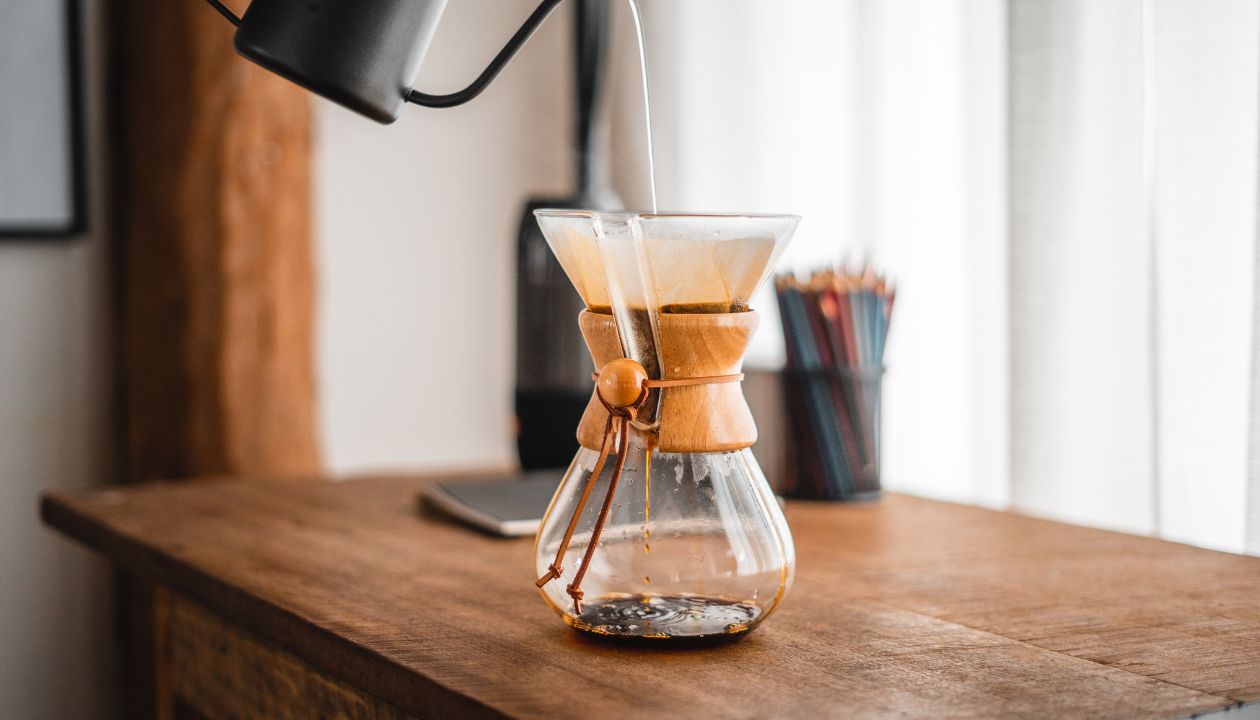
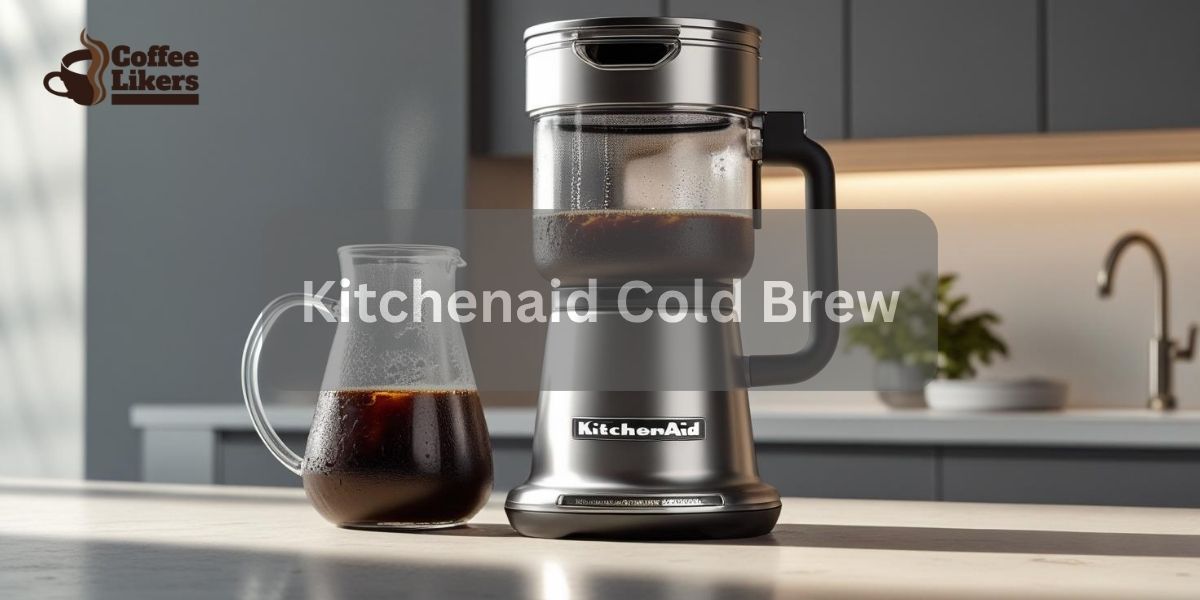
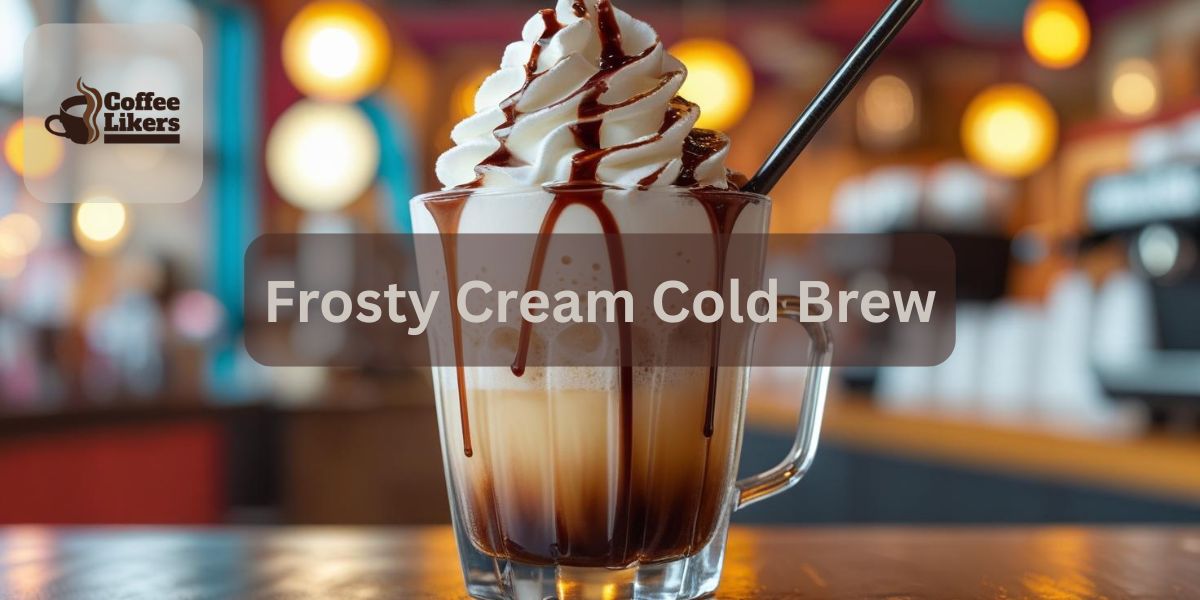
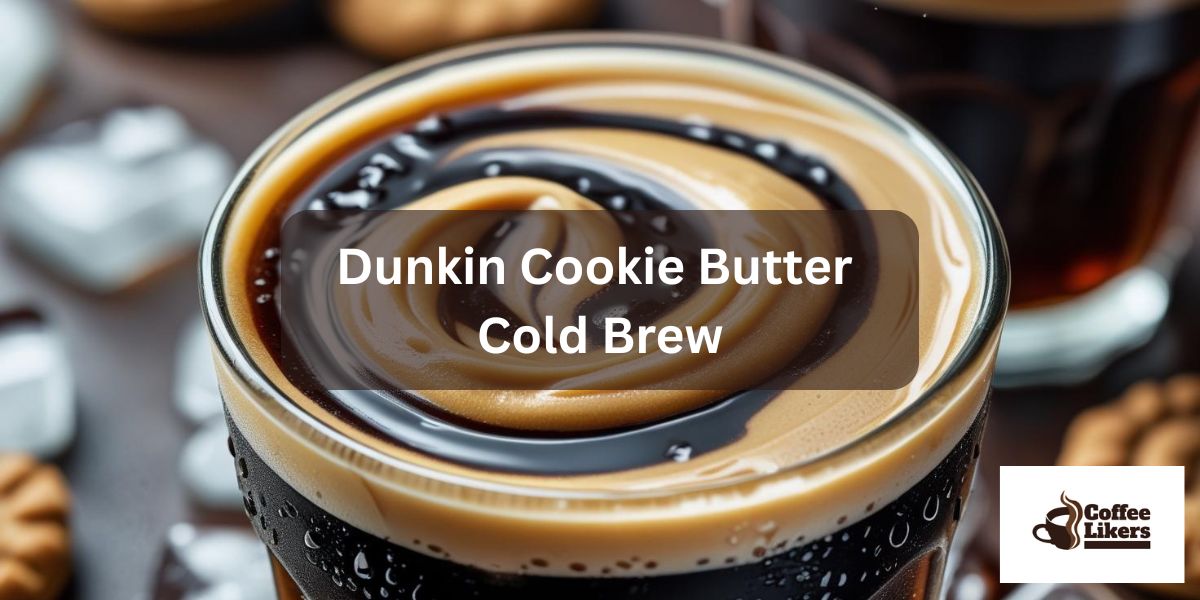
Leave a Reply